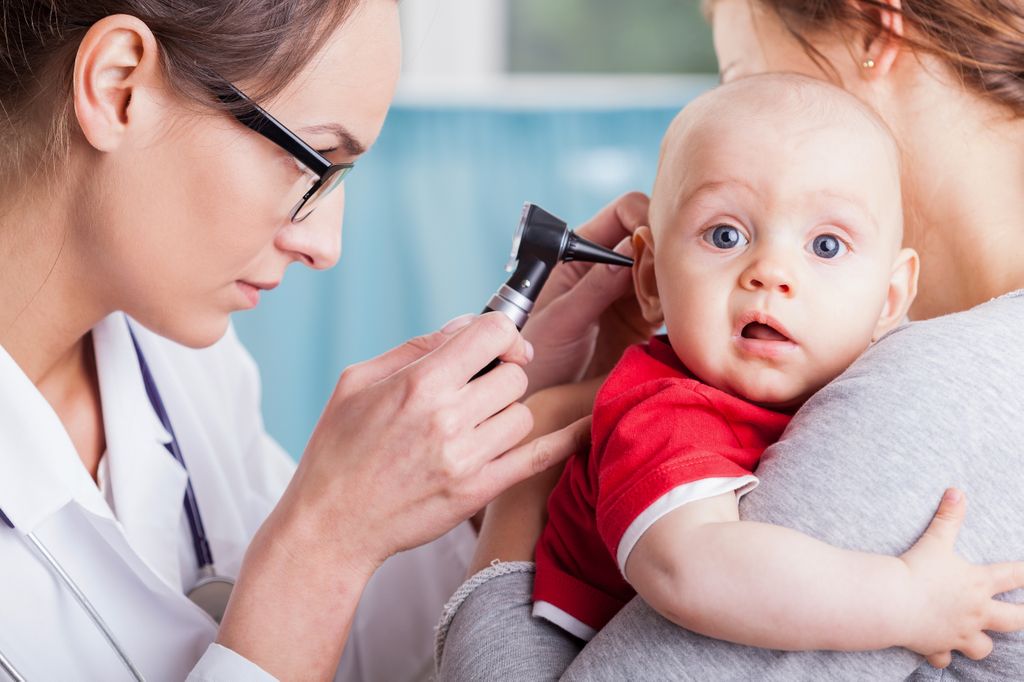Allergy-Proof Your Eyes This Spring – Expert Tips for Itch-Free Vision in 2025

Why Spring Eye Allergies Deserve Special Attention in 2025
For many, spring signals a refreshing return to blooming flowers, longer days, and outdoor adventures. But for millions of Americans, it also means itchy eyes, watery vision, and frustrating discomfort caused by seasonal allergies. If that sounds familiar, you’re not alone—and in 2025, the outlook for spring eye allergies is especially challenging.
Pollen counts are already spiking earlier than usual this year due to warmer winters and shifting climate patterns. Grass, tree, and weed pollens are likely to be stronger and last longer. This increases the risk of seasonal allergic conjunctivitis and other eye irritation. At SightMD, we know how these symptoms can affect your daily life. That’s why our team uses advanced tests and personalized treatments to provide quick and lasting relief.
Whether you’re gardening, commuting, or just enjoying a walk in the park, protecting your eyes this season starts with the right knowledge. Here’s how to allergy-proof your eyes and enjoy the spring with clear, comfortable vision.
Recognizing the Signs: Common Spring Allergy Eye Symptoms
Many people confuse eye allergy symptoms with other eye conditions like dry eye syndrome or infections. While it’s easy to chalk it up to tiredness or screen time, eye allergies have distinct symptoms you should watch for, including:
- Red, itchy eyes that worsen when exposed to pollen, grass, or mold
- Tearing or watery eyes, often without emotional triggers
- Puffy eyelids or under-eye swelling, particularly after time outdoors
- A burning sensation, often described as “grit in the eyes”
- Sensitivity to light and blurred vision
If you’re experiencing these signs consistently each spring, you’re likely dealing with seasonal allergic conjunctivitis. Many patients are surprised to find out that what seems like a simple allergy flare-up could mean a more serious problem. Our experts at SightMD are trained to spot and treat both issues.
What’s Causing the Spike in Spring Eye Allergies This Year?
Spring 2025 has brought with it a perfect storm of allergy triggers. Understanding the “why” can help you plan smarter prevention.
- Weather and Climate Trends – Longer growing seasons and earlier blooming periods due to climate change mean that trees and grasses are releasing pollen earlier—and for longer durations. With more time for exposure, your eyes take the hit.
- Outdoor Exposure – More people are heading outdoors to walk, exercise, and socialize in the warmer weather. Unfortunately, outdoor air can carry high concentrations of pollen, especially during the early morning and evening.
- Indoor Allergens – Spring cleaning often stirs up dust mites, pet dander, and mold spores—all of which can exacerbate existing allergies. Pair this with poor indoor air circulation and you’ve got a double dose of irritants.
With spring pollen counts reaching record highs in 2025, SightMD uses the latest in ocular imaging and allergy screening to pinpoint the exact cause of your discomfort.
How to Reduce Eye Itching This Allergy Season
You don’t have to surrender to itchy, red eyes this spring. With a few mindful practices and expert-backed products, relief is closer than you think.
Simple Ways to Minimize Eye Allergy Irritation:
- Monitor pollen levels: Use local pollen trackers and avoid outdoor activities during peak pollen times (usually mornings and late afternoons).
- Keep your windows closed: Use air conditioning with HEPA filters to reduce indoor allergen circulation.
- Practice good hygiene: Always wash your hands and face after coming inside, and avoid rubbing your eyes, which can worsen inflammation.
- Wear wraparound sunglasses: They act as a shield against airborne allergens.
- Cold compresses: These help relieve swelling and itchiness.
- Switch to daily disposable contact lenses: Or better yet, wear glasses on high-pollen days to reduce surface buildup.
- Use artificial tears: These over-the-counter drops rinse allergens off the eye’s surface and ease dryness.
- Change clothes and shower before bed: Removing pollen from hair and skin helps prevent nighttime exposure.
At SightMD, our eye doctors not only treat symptoms—they work with you to build an allergy-proof lifestyle using evidence-based strategies and innovative eye care tools.
Treatment Options for Spring Eye Allergies
If at-home prevention and care aren’t enough, medical treatments can provide fast, effective relief.
Most Common Eye Allergy Treatment Options:
- Over-the-Counter Eye Drops
These often include antihistamines and lubricants that soothe mild symptoms. Brands labeled for “allergy relief” are designed to target itchiness and redness. - Prescription Eye Drops
For more persistent or severe cases, your eye doctor may prescribe:- Antihistamines: Block the body’s allergic response.
- Mast cell stabilizers: Prevent histamine release.
- Corticosteroids: Reduce inflammation but are typically used short-term.
- Oral Allergy Medications
While not targeted at the eyes specifically, they can help reduce overall allergy symptoms. - Allergy Testing and Immunotherapy
In some cases, allergy shots or sublingual tablets (under-the-tongue drops) can reduce your body’s sensitivity to allergens long-term.
From cutting-edge antihistamine eye drops to personalized allergy care plans, SightMD offers 2025’s most effective solutions for itchy, irritated spring eyes.
When to See an Eye Doctor About Allergy Symptoms
Sometimes, eye allergy symptoms may signal something more serious. Here’s when it’s time to schedule a professional evaluation:
- Your symptoms persist despite using OTC remedies
- You experience vision changes or severe light sensitivity
- There’s eye discharge or crusting, which could indicate infection
- You’re unsure if you’re dealing with dry eye or allergies
Whether you’re experiencing seasonal allergic conjunctivitis or dry eye triggered by allergens, SightMD’s specialists create customized plans to help you see clearly all season long.
Frequently Asked Questions
Limit exposure to allergens, use eye drops for allergies, avoid rubbing your eyes, and consider medical treatments when needed.
Yes—many are formulated with antihistamines or mast cell stabilizers. SightMD can help you choose the best eye drops for allergies based on your symptoms.
Absolutely. Both conditions share symptoms like itchiness and watering. A proper exam is essential to differentiate and treat them correctly.
If symptoms don’t improve with at-home care, worsen, or affect your vision, it’s time to see an eye care specialist.
Yes. Spring allergies are usually caused by tree and grass pollen, while fall allergies often stem from ragweed and mold.
Use HEPA filters, keep windows closed, clean regularly, and keep bedding free from pollen and pet dander.
Our doctors offer a mix of targeted diagnostics, prescription treatments, and lifestyle counseling to address both symptoms and root causes.
Your Next Step Toward Clearer, Allergy-Free Vision
Spring allergies don’t have to mean suffering through itchy, watery eyes. At SightMD, our goal is to help you enjoy the season with clear, comfortable vision. Whether you need expert diagnosis, prescription solutions, or guidance on choosing the best eye drops for allergies, we’re here to help.
Let 2025 be the year you reclaim spring—with healthy, itch-free eyes.


